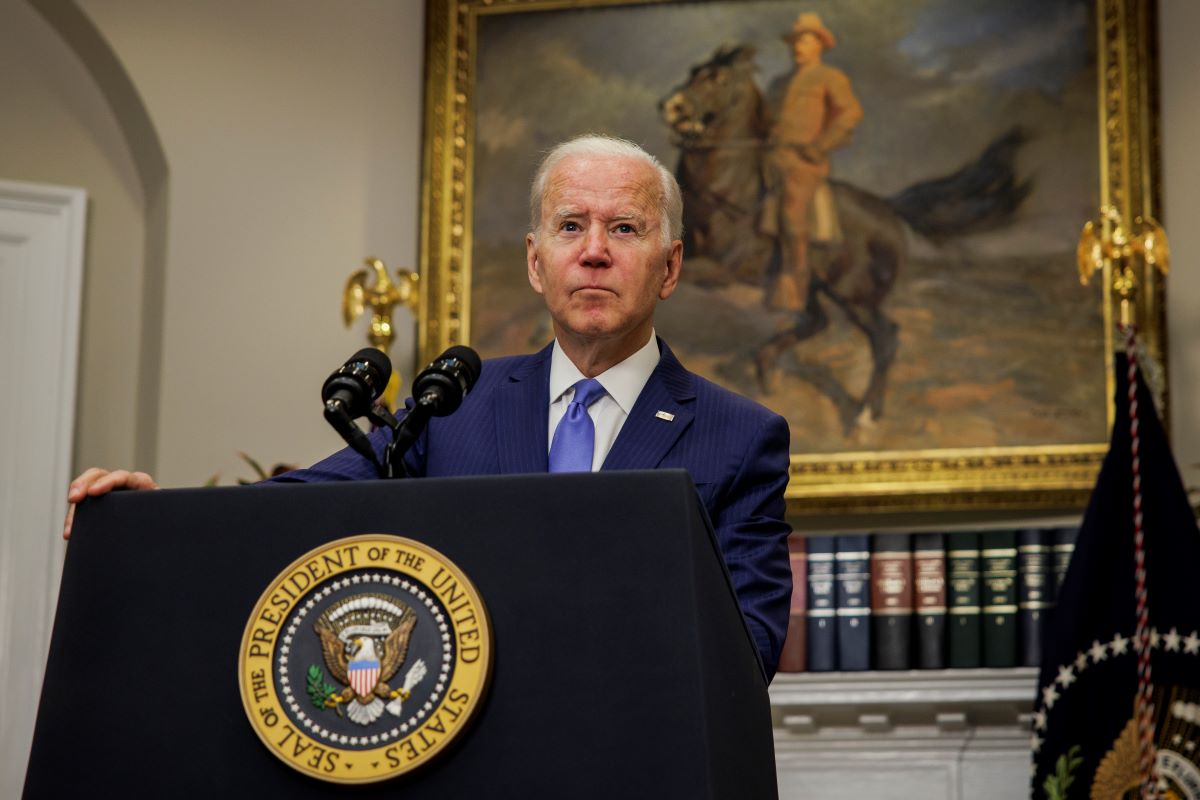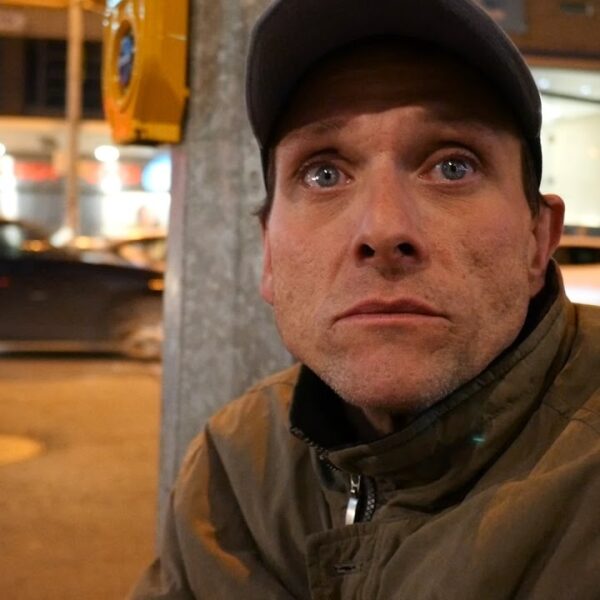President Joe Biden’s fiscal year 2023 budget will increase funding for homeless assistance programs by more than 10 percent, according to an analysis by the U.S. Interagency Council on Homelessness.
Overall, Biden’s budget carries a $5.8 trillion price tag. If passed, it would immediately impact several programs that help local governments respond to homelessness, such as:
- The Department of Housing and Urban Development’s (HUD) Homeless Assistance Grant program (11.3% increase)
- The Department of Health and Human Services’ Head Start program (13.2% increase)
- The U.S. Interagency Council on Homelessness (USICH) (23.7% increase)
- The Department of Veterans Affairs’ Supportive Services for Veteran Families program (84% increase), and
- The Department of Justice’s Transitional Housing Assistance Grants to Victims of Sexual Assault (132% increase)
“Consistent with the Biden-Harris Administration’s commitment to a whole-of-government effort to advance equity and racial justice, the President’s Budget for fiscal year 2023 makes historic investments to support underserved communities and combat racial disparities across the Nation, including in health, education, and economic opportunity,” The White House said.
Here are a few of the ways that Biden’s proposed budget could impact how the U.S. responds to homelessness at the federal level.
More Housing Vouchers
One of the largest line items on Biden’s proposed FY 2023 budget is a $32.1 billion appropriation to increase HUD’s Housing Choice Vouchers by more than 200,000. Housing Choice Vouchers, also known as Section 8 housing vouchers, help low-income families afford rental properties by subsidizing their total rent cost.
The Housing Choice Voucher program is the nation’s largest rental assistance program and currently helps more than two million people stay housed every year. However, funding limitations have caused only 25 percent of those eligible for housing vouchers to receive rental assistance, according to the Center for Budget and Policy Priorities.
HUD has also struggled to connect eligible families to housing vouchers. A recent audit by the department’s Office of the Inspector General found that more than 191,000 vouchers went unused last year, causing just as many families to still experience housing instability.
“If enacted, it would be the most significant expansion of housing vouchers in the program’s history, and it would put the nation on the path towards universal housing assistance for all eligible households,” according to an analysis of the proposal by the National Low Income Housing Coalition.
Increased Funding for Coordinated Responses
On the other end of the spectrum, one of the smallest—but most important—line items in Biden’s budget is an appropriation of $4.7 million to USICH, an agency responsible for coordinating responses to homelessness.
USICH is comprised of members from 19 federal agencies, including the Departments of Education, Labor, Interior, Agriculture, and the Social Security Administration. The agency works with federal partners as well as state and local governments, private sector employers, and nonprofit organizations to develop strategies to reduce homelessness across the country.
“The pandemic has challenged our nation’s ability to ensure every person has a safe, affordable home, and it has further exposed deep racial inequities in housing, health, and economic opportunity,” USICH executive director Jeff Olivet said.
“At the same time, the unprecedented resources that the Biden administration and Congress have made available to communities presents an extraordinary opportunity to address homelessness in new and creative ways,” Olivet continued.
Improved Funding for Veteran Health Services
Biden’s proposed budget also makes significant investments to improve health outcomes for military veterans and their families.
Veterans continue to make up one of the largest coalitions of people experiencing homelessness despite federal efforts to reduce the population’s size. HUD’s 2020 Homeless Assessment Report found more than 37,000 veterans experience homelessness on any given night.
To address this issue, Biden’s budget plans to invest $229 million to improve health care services for homeless veterans and another $939 million to increase the Department of Veteran Affairs (VA) supportive housing program, also known as the HUD-VASH voucher program.
HUD-VASH vouchers are a specific type of housing voucher for homeless veterans. It includes access to case management and clinical services. According to HUD’s website, veterans can access these services through participating VA medical centers, community-based outreach clinics, VA contractors, or other designated entities.
How You Can Help
The pandemic proved that we need to rethink housing in the U.S. It also showed that aid programs work when providing agencies and service organizations with sufficient funds and clear guidance on spending aid dollars.
Contact your officials and representatives. Tell them you support keeping many of the pandemic-related aid programs in place for future use. They have proven effective at keeping people housed, which is the first step to ending homelessness.













